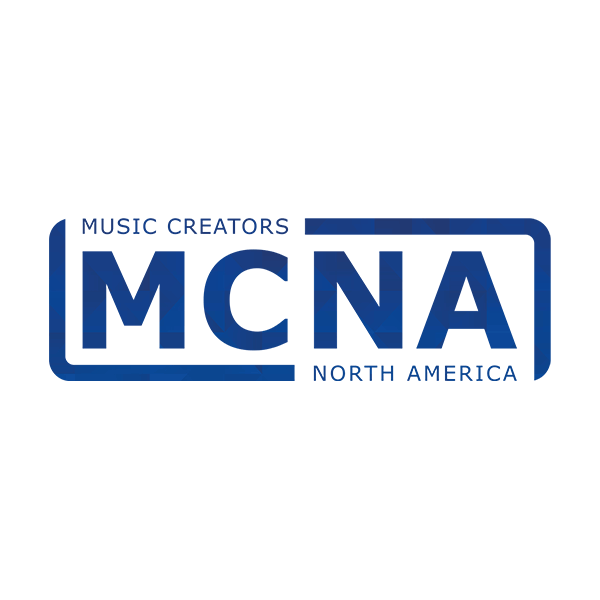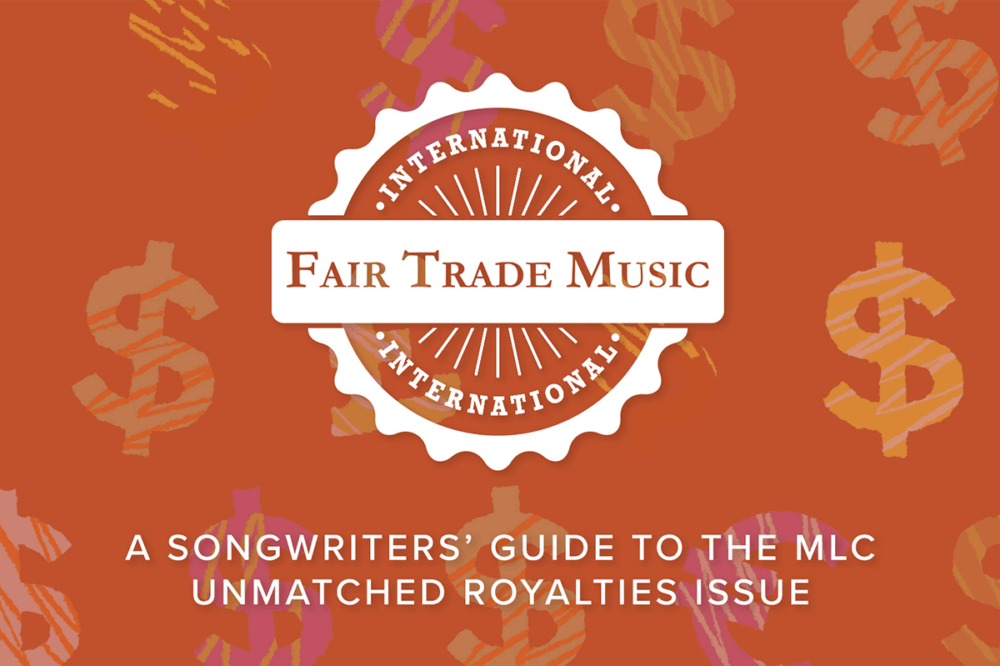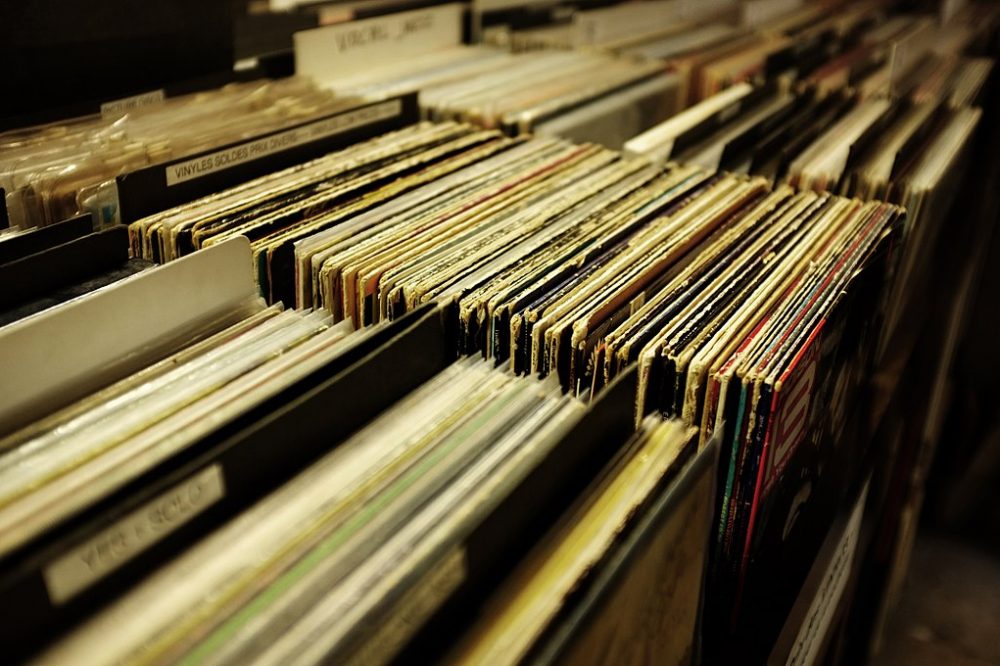A fundamental human right.
As one of the purest forms of human expression, music has historically been an engine of positive social change. The freedom to write and perform music is enshrined in international law and forms part of the universal declaration of human rights (UDHR).
The censorship of music on political grounds is not a new phenomena but has always been complex and polarizing. While each case has different arguments and a distinct social and political context, the essential principals of free expression should never be forgotten or impinged.
History is filled with examples of music being written as a cry against acts of oppression or mistreatment. These works have brought awareness, scrutiny and sometimes resolution to issues of liberty and intellectual freedom in every part of the world.
Musical performances have also rallied support and raised funds for humanitarian causes that have succeeded in improving millions of lives.
Everyone has the right to freedom of opinion and expression; this right includes freedom to hold opinions without interference and to seek, receive and impart information and ideas through any media and regardless of frontiers.”
– Article 19 of the UDHR
The stories encapsulated in these compositions form an essential part of our culture. They provide unique first-hand insight into the historical context of our societies. They are the shoulders upon which new music creators can stand in order to reach higher.
Legal context for musical freedom
Individual cases, concepts and countries require a level of detail and diligence that is difficult to achieve in a general overview. In the worst cases of oppression, it can even be harmful to highlight individual stories without fully understanding the situation surrounding each music creator. Our focus in this campaign is therefore the principle of free expression.
These principles are enshrined in a multitude of international treaties and national legislation including but not limited to the following.
Declaration of Human Rights
The Universal Declaration of Human Rights was drafted by representatives with different legal and cultural backgrounds from all regions of the world. It was proclaimed by the UN General Assembly in Paris on 10 December 1948.
Article 19 covers the freedom of opinion and expression “through any media and regardless of frontiers”.
US constitution
The first amendment to the US constitution was adopted in 1791 and protects the right to free speech. It also protects “symbolic speech” which can be a combined or completely nonverbal expression whose purpose is to communicate ideas.
These might include images in works of art, music lyrics and theatrical performances.
European convention
The European Convention on Human Rights was the first Council of Europe convention, adopted in 1950 and entering into force in 1953. Its ratification is a prerequisite for joining.
Article 10 covers freedom of expression and declares a right to responsibly say and write what you think and to give and receive information from others.
UK framework
Article 10 of the United Kingdom’s Human Rights Act of 1998 protects the right to hold an opinion and to express it freely without government interference.
It includes the right to express views aloud or through books, radio, artworks and music. All types of expression are protected under this act, including artistic expression.












